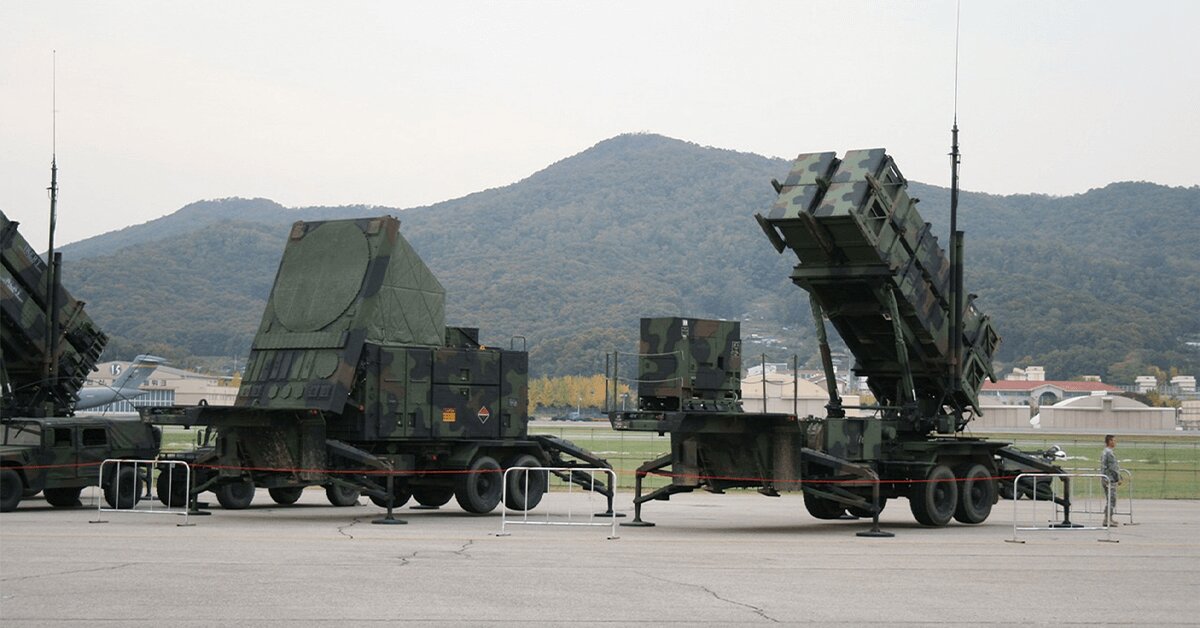INSUBCONTINENT EXCLUSIVE:
The US Department of State has approved the possible sale of upgrade and re-certification of Patriot missiles to Kuwait for $400 million,
of Patriot PAC-2 Guidance Enhanced Missiles [GEM] and Patriot Guidance Enhanced Missiles-Tactical [GEM-T], signalling a significant step in
the United States, set against a complex regional backdrop.The process of upgrading and re-certifying these Patriot systems is far more
intricate than a simple tune-up
For Kuwait, it means ensuring that missiles deployed decades ago remain operational and effective in a modern threat environment.The Patriot
system, developed by Raytheon, now part of RTX Corporation, has been a cornerstone of air defence since its introduction in the 1980s
The PAC-2 variant, which Kuwait relies on, was designed primarily to intercept aircraft and cruise missiles, with the GEM and GEM-T upgrades
enhancing its ability to counter tactical ballistic missiles.The timing of this deal raises questions beyond the usual rhetoric of regional
Raytheon report noted that PAC-2 missiles could be re-certified to extend their operational life from 30 to 45 years, a process Kuwait
appears to be undertaking now
Aging stockpiles require attention, especially in a desert climate where heat and sand can accelerate wear on sensitive
electronics.Logistical challenges also loom large, maintaining a steady supply of spare parts for a system this old is no small feat,
particularly when production lines have shifted focus to newer models like the PAC-3 Missile Segment Enhancement [MSE]
does not degrade into obsolescence.There is more to this than just maintenance, though
interoperability in a region where American military presence remains significant.Kuwait hosts thousands of US troops, and its air defences
are a lynchpin in a broader network that includes bases such as Ali Al Salem Air Base
American footprint, raising questions about how much Kuwait relies on external expertise to operate these complex systems.Source: Arab

